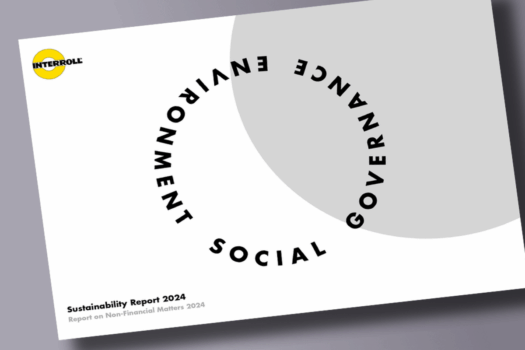Tips
- Conduct a detailed gap analysis, based on your last sustainability report, with regard to the new 2021 GRI standards, including in particular the increased requirements for governance reporting.
- Update your materiality analysis to determine the significance of your company’s impact on the economy, environment and society.
- Adapt your data and information collection to the new requirements early on.
- Allow enough time for internal approval of the new information to be published.
- Ensure that the report meets the needs of your target groups in accordance with the new GRI standards and is embedded in the package of all your communication channels.
LGT, the bank owned by the Liechtenstein Princely Family, has extensive experience in the management of family assets and committed itself to the topic of sustainability in the financial sector at an early stage. Long-term thinking and action have always been core elements of its business activities. Thus, sustainability initiatives are practiced at LGT on both the operational and investment sides. Since 2018, LGT has been working on the implementation of its Sustainability Strategy 2025, which sets binding targets for the period up to 2025 in order to give even greater consideration to sustainability in all areas of the company and across its entire product range.
GRI as basis for legally compliant sustainability report
Since 2012, LGT has regularly published a sustainability report that highlights a variety of ESG topics and covers various economic, environmental and social indicators. Against the backdrop of the changing regulatory requirements for financial institutions with regard to non-financial reporting, LGT decided to prepare a non-financial report for the first time, which now also implements the revised GRI Standards 2021. On the one hand, this allows the bank to also optimally meet future reporting obligations. On the other hand, the reporting also serves to continuously develop further with regard to the topic of sustainability.
The most important adjustments at GRI
- Abolition of the “Core” and “Comprehensive” reporting options
- Major adjustments and reporting requirements on governance (GRI 102 -> GRI 2)
- Revised approach to determining material issues: Stakeholder relevance dropped
- Higher requirements for reporting on human rights
Want to know more? Attend a GRI-certified training from Sustainserv!
Tailor-made information for stakeholders
A separate non-financial report was designed for the first-time reporting in accordance with the GRI Standards 2021. This supplements the existing sustainability report. Specifically, the sustainability report is aimed in particular at customers and employees, while the supplementary non-financial report ensures that the needs of regulators, analysts and business partners are met. For example, it provides additional information on the implementation status of the Principles for Responsible Banking (PRB) and in the context of the EU taxonomy, and reports on LGT’s progress in implementing the ten principles of the United Nations Global Compact (UNGC). Direct references to relevant documents, including the Task Force on Climate-related Financial Disclosure (TCFD) Report, make it easier for readers to navigate and find information.
Extensive involvement of partners
The basis for the preparation of the report was a materiality analysis. In accordance with the principle of double materiality, LGT, with the support of Sustainserv, assessed a large number of potentially material ‘E-ESG’ topics (economy, environment, society, governance) with regard to their impact and effects. In order to be able to present an analysis that is as broadly based as possible, a large group of internal experts at LGT was involved. Although this increased the complexity of the process, the expertise and experience from the various areas flowed directly into the development of the report.
Based on the qualitative information and quantitative data collected, LGT developed building blocks for the report, which includes GRI disclosures, management approaches, content index, strategic sustainability fundamentals, and a chapter on PRB and UNGC.
A pioneering role in sustainability reporting
The decision to publish a report in accordance with the GRI standards allows LGT to present its activities in the area of sustainability in an even more structured and focused manner. With the published report, the bank is one of the first companies in Switzerland and Liechtenstein to report in accordance with the revised GRI standards. LGT is thus assuming a pioneering role in sustainability reporting.
*E-ESG: Economy, Environment, Society, Governance
This article was written by Peter Segmüller, Sustainability Manager LGT and Sarah Jensen, Consultant Sustainserv, for The Reporting Times of the Center für Corporate Reporting.
Pioneer application of the new GRI Standards 2021 for non-financial reporting (Only in German)
Get in touch. We are happy to tell you more about it.






